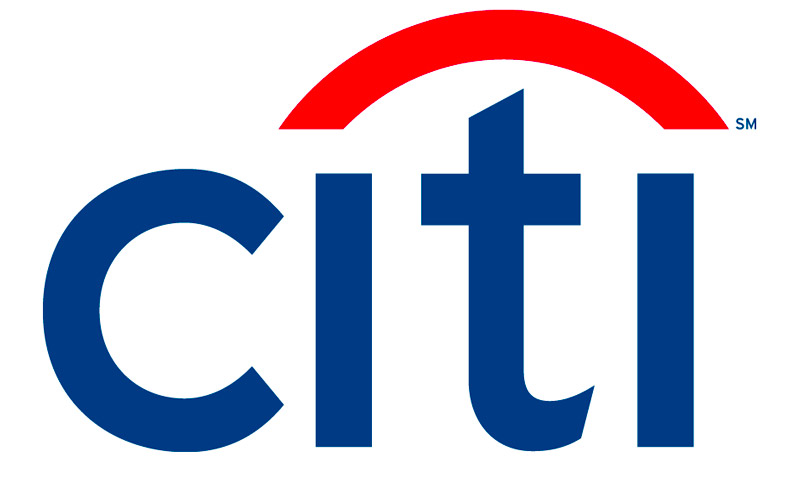| Lawmakers push for stronger lead testing rules for N.J. kids |
|
Published March 2, 2016 TRENTON — Saying New Jersey needs to keep pace with the latest scientific evidence, two senators have introduced a bill requiring the state to adopt the federal government's tougher recommendations for intervening when a child tests positive for lead poisoning. With much of its housing inventory built before lead-based pain was outlawed in 1978, New Jersey's children has been hard hit by lead, especially in cities. Under the state law that mandates testing for children under the age of 6, elevated lead levels have been detected in 220,000 children since 2000, including about 3,000 in 2015. A bill Sens. Ronald Rice (D-Essex) and Sen Joseph Vitale (D-Middlesex) announced Tuesday would require New Jersey to follow the stricter guidelines the U.S. Centers for Disease Control and Prevention recommended in 2012, when it cut in half the amount of lead exposure that warrants intervention. The CDC said family notification, follow-up screening and other case management services is warranted if a child's blood test reveals at least 5 micrograms per deciliter of lead in the blood. New Jersey still relies on the old CDC recommendation that calls for monitoring at a reading of 10 micrograms. The CDC's recommendation has been adopted by 29 states, the law's supporters say. "Research has shown that there are no safe levels of lead exposure in children," Rice said. "Given the significant health consequences that can result from lead poisoning, it is imperative that New Jersey update its rules to capture lead-affected children sooner and prevent the dire results that can occur." Lead exposure inflicts permanent brain damage linked to attention deficit disorder, memory loss, a low IQ and behavioral problems. David Henry, health officer for the Monmouth County Regional Health Commission, said he supports the intent of the legislation. But it will take more money than the state is spending now to get it done. Rouhgly 3,000 to 5,000 more cases will be identified a year, he said. "By lowering the standards it means more work. We are not afraid of more work but we need more funding and equipment," Henry said. "We are in full support of doing this but everyone needs to go in with eyes open." Health and family advocacy groups have long been critical of the state's financial commitment to lead remediation. At least $7 million a year collected under a 50-cent tax on every gallon of paint sold has been diverted to the state's operating budget since 2009, said Staci Berger, president and CEO of the Housing and Community Development Network of New Jersey. A bill dedicating $10 million to the fund that would removes lead paint from old housing stock in New Jersey was vetoed by Gov. Chris Christie in January. It was the third time he has done so since he took office. Berger said the state has fallen short on combatting "what is a completely preventable problem." "Just saying we have a universal screening environment is not enough. If we have one, why are 3,000 children being poisoned a year? We could catch it much earlier." The health department on Tuesday defended its record on tackling the lead issue, noting the number of cases has dramatically declined as the number of children screened has soared. There were 205,600 children screened in 2014, a 75 percent compliance rate, compared with just 10,200 children in 1998, health department spokeswoman Donna Leusner said. These tests found 871 children with elevated lead levels in 2014, compared to 1,481 in 1998. The health department's daily efforts to combat lead efforts include dedicating $2.7 million in state and federal funds for local and county health departments to do case management and environmental investigations, she said. And it process more than 200,000 blood lead screening lab results a year. As for adopting the CDC more rigorous screening guidelines, Leusner said the health department "is working on amendments to childhood lead poisoning rules, and reviewing the CDC recommendations is part of that process." Susan K. Livio may be reached at [email protected]. Follow her on Twitter @SusanKLivio. Find NJ.com Politics on Facebook. |














